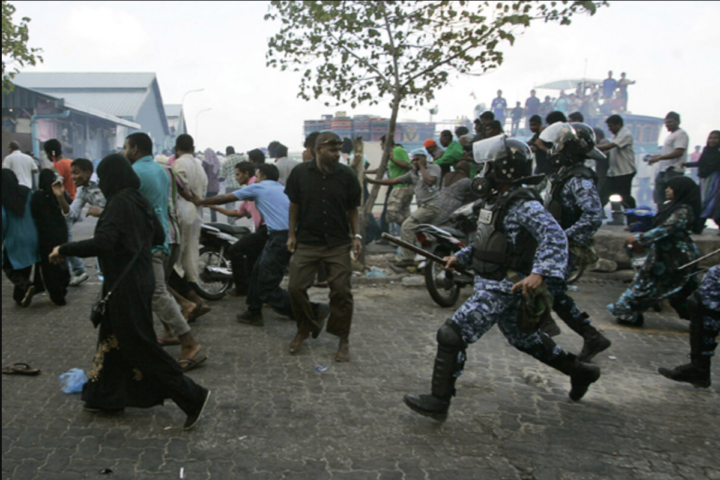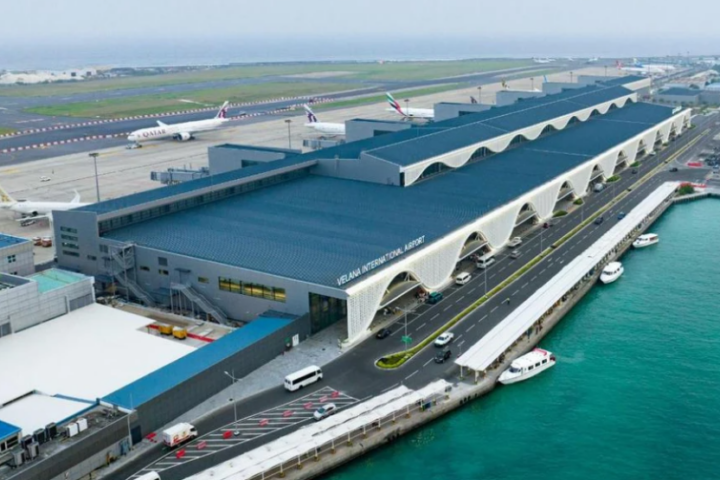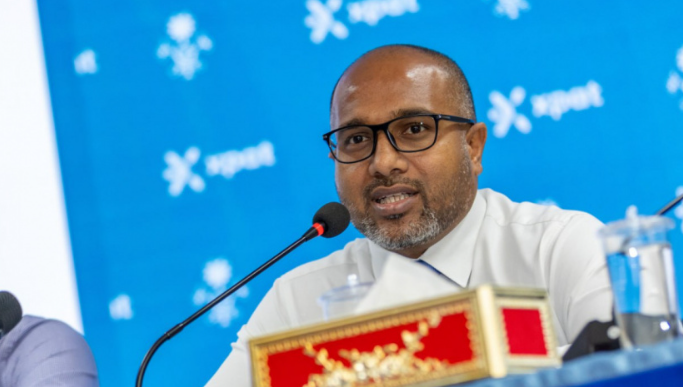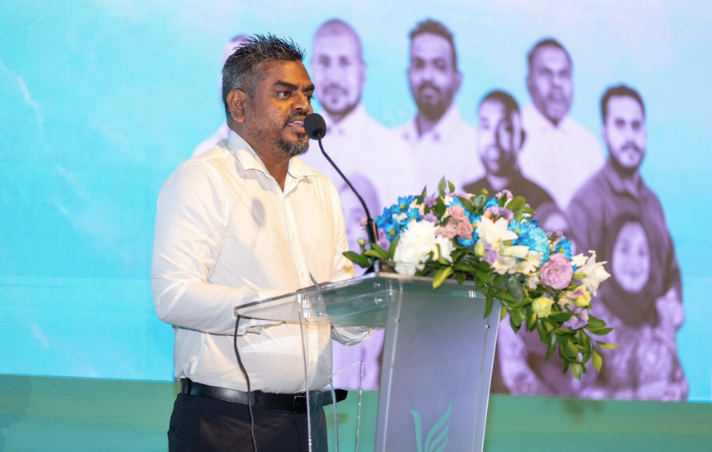WASHINGTON — The United States, often viewed as a global standard-bearer for democracy and civil liberties, is facing mounting criticism from domestic and international observers over its treatment of Muslim communities, immigrants, and political dissenters.
In its 2025 Civil Rights Report titled Unconstitutional Crackdowns, the Council on American-Islamic Relations (CAIR) documented 8,658 complaints of discrimination and civil rights violations, the highest number in its nearly 30-year history. The report identifies a troubling shift: Muslims and other minority groups are increasingly targeted not just for their faith, but for their political viewpoints—particularly those critical of U.S. foreign policy in Gaza.
“Vigorous public debate, a hallmark of healthy democracy, was replaced by crackdowns on people expressing politically disfavoured viewpoints,” said Corey Saylor, CAIR’s Research and Advocacy Director. “For the first time in our report’s history, complaints were often the result of viewpoint discrimination rather than religious identity”.
CAIR also noted a 71.5% surge in law enforcement encounters, many tied to student-led anti-genocide protests. Employment discrimination reached a record high, with workers punished for expressing solidarity with Palestinians or criticizing Israeli policies.
Zahra Billoo, Executive Director of CAIR-SFBA, warned: “These unconstitutional crackdowns threaten not only Muslim civil rights but the very fabric of free expression in our country. We must remain steadfast in challenging discrimination and defending those targeted”.
The American Civil Liberties Union (ACLU), which has long championed First Amendment protections, echoed these concerns. In its foundational position paper, the ACLU emphasized that freedom of expression is “the matrix, the indispensable condition of nearly every other form of freedom.” Yet, it warned that this freedom has historically been most vulnerable during times of national stress, when unpopular political ideas are censored or punished.
Recent crackdowns on campus protests, social media censorship, and surveillance of Muslim communities have reignited debates about the U.S.’s commitment to democratic norms. Critics argue that the government’s actions—often justified under national security—are eroding the very freedoms it claims to protect.
These tensions raise a deeper question: can a nation still lead the world if its actions at home undermine the very principles it claims to champion?
In Henry Kissinger’s realist framework, legitimacy is not defined by moral perfection but by the ability to sustain order and consensus. Yet even within that pragmatic lens, a nation’s strategic position is undermined when its actions alienate allies, violate civil liberties, or provoke domestic unrest. Power alone does not confer leadership; it must be perceived as legitimate to translate into lasting influence. Without legitimacy—both at home and abroad—a nation forfeits the moral and political authority required to lead.
For many, the contradiction is stark: a nation built by immigrants now enacting policies that alienate them; a democracy founded on dissent now punishing it.
As global attention turns to America’s internal contradictions, civil rights advocates urge a recommitment to constitutional principles. “The path to freedom was long and arduous,” the ACLU reminds. “Free speech rights still need constant, vigilant protection”.















